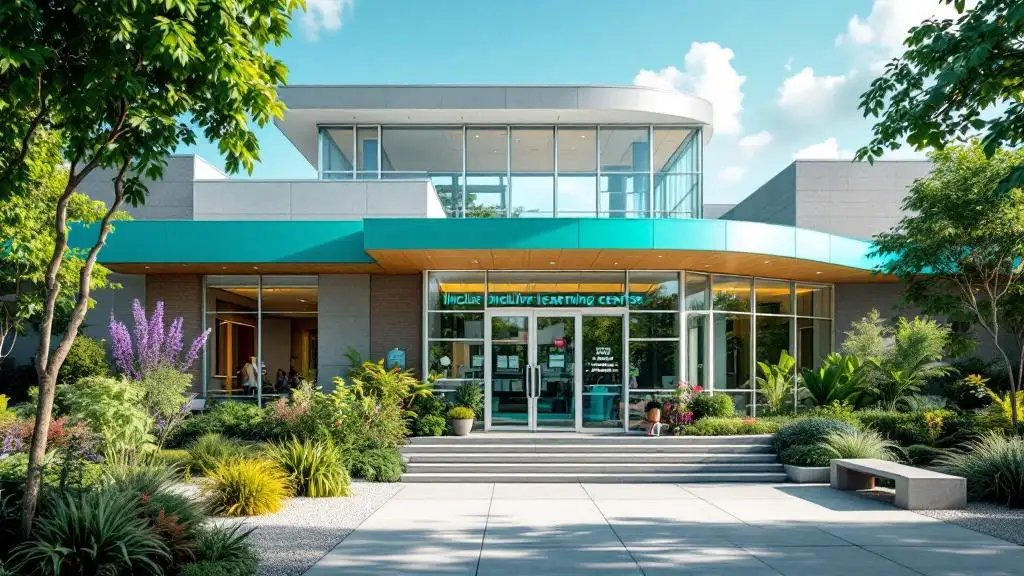North Carolina Autism Resources

Comprehensive Resources for Autism Spectrum Disorder in North Carolina
North Carolina offers a wide spectrum of autism resources, programs, and community services designed to support individuals with autism and their families. From regional centers and clinical programs to advocacy groups and educational initiatives, the state is committed to improving quality of life and fostering acceptance for those on the autism spectrum. This article provides a detailed overview of available services, access pathways, specialized centers, and community engagement opportunities across North Carolina.
Statewide Autism Support Organizations and Community Resources
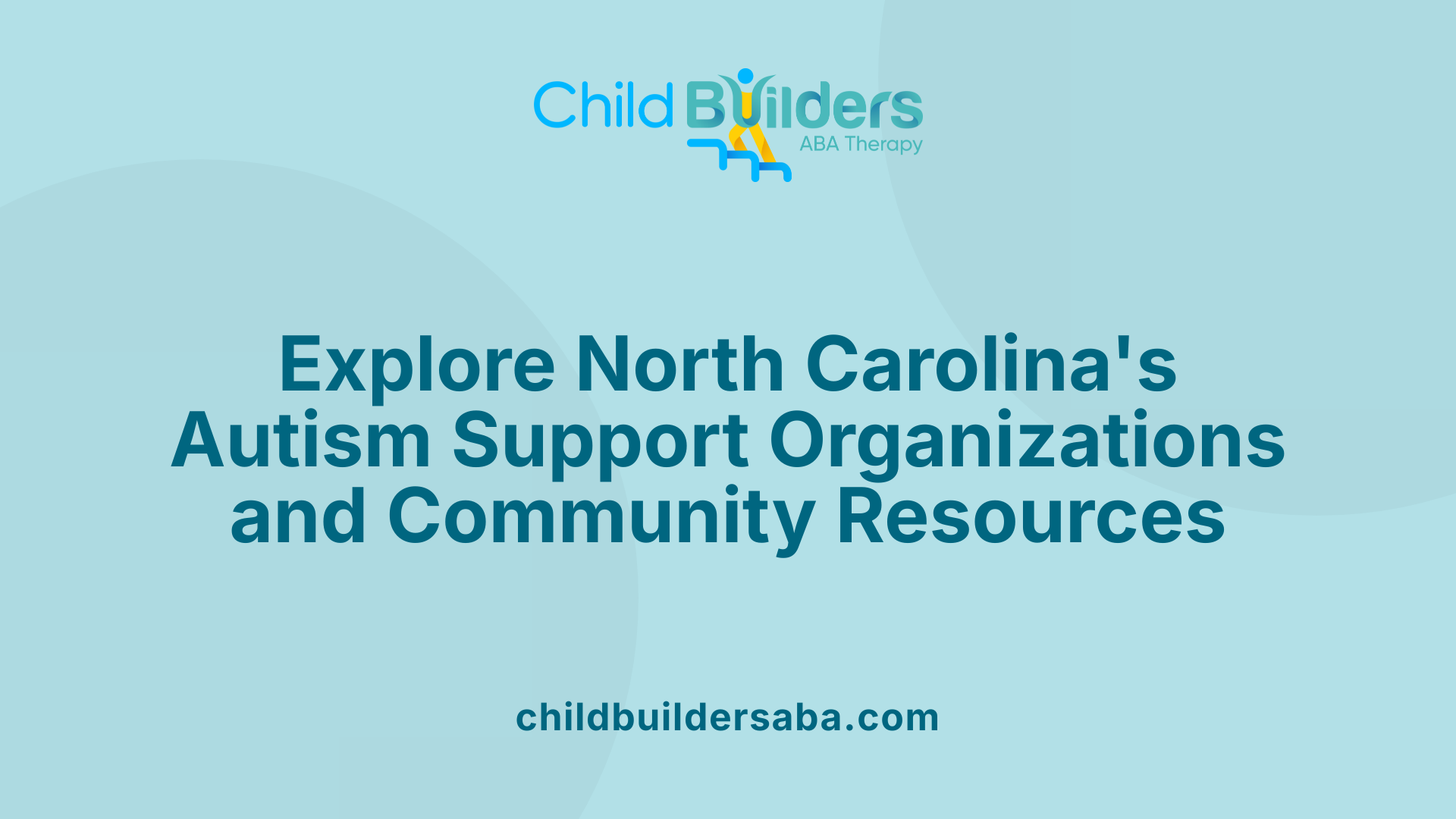 North Carolina offers a broad array of autism support services and community resources tailored to individuals with autism and their families. At the heart of these efforts is the Autism Society of North Carolina (ASNC), an organization dedicated to improving lives through advocacy, community programs, and informational resources. ASNC provides over 50 free webinars covering topics like behavior management, education, and transitional planning, making valuable knowledge accessible to all.
North Carolina offers a broad array of autism support services and community resources tailored to individuals with autism and their families. At the heart of these efforts is the Autism Society of North Carolina (ASNC), an organization dedicated to improving lives through advocacy, community programs, and informational resources. ASNC provides over 50 free webinars covering topics like behavior management, education, and transitional planning, making valuable knowledge accessible to all.
Supporting families at the local level are Autism Resource Specialists available in every county. These professionals, many of whom are parents of children or adults with autism, serve as guides and advocates, offering personalized assistance and connecting families with appropriate services.
Regional centers such as the TEACCH® Autism Program, with a dedicated Raleigh location, play a crucial role in assessment, intervention, and family support. TEACCH offers clinical services, training, and research programs to help navigate autism spectrum disorder (ASD) across North Carolina.
Beyond assessment and clinical services, the state boasts community camp programs like Camp Royall, the oldest and largest camp for children and adults with autism. Applications open each year from May 1 to June 15, providing engaging summer activities that foster social skills and independence.
Additional resources include organizations like the Carolina Institute for Developmental Disabilities and Tammy Lynn Center, which focus on therapeutic services and developmental support. The Triangle Center for Behavioral Health offers specialized behavioral health services, while local developmental agencies like the Child Development Centers facilitate early diagnosis and intervention.
For young adults and transitioning individuals, programs such as Work Together NC and HEELS 2 TRANSITION help with employment, education, and independent living skills. Cultural and community-specific resources like BFAST ensure equitable support for Black autistic youth and families.
In summary, North Carolina's extensive network of organizations provides comprehensive coverage—from early diagnosis and intervention to adult life planning—ensuring individuals with autism receive vital support throughout their lives.
Access to Autism Services: Eligibility, Insurance, and Support Pathways
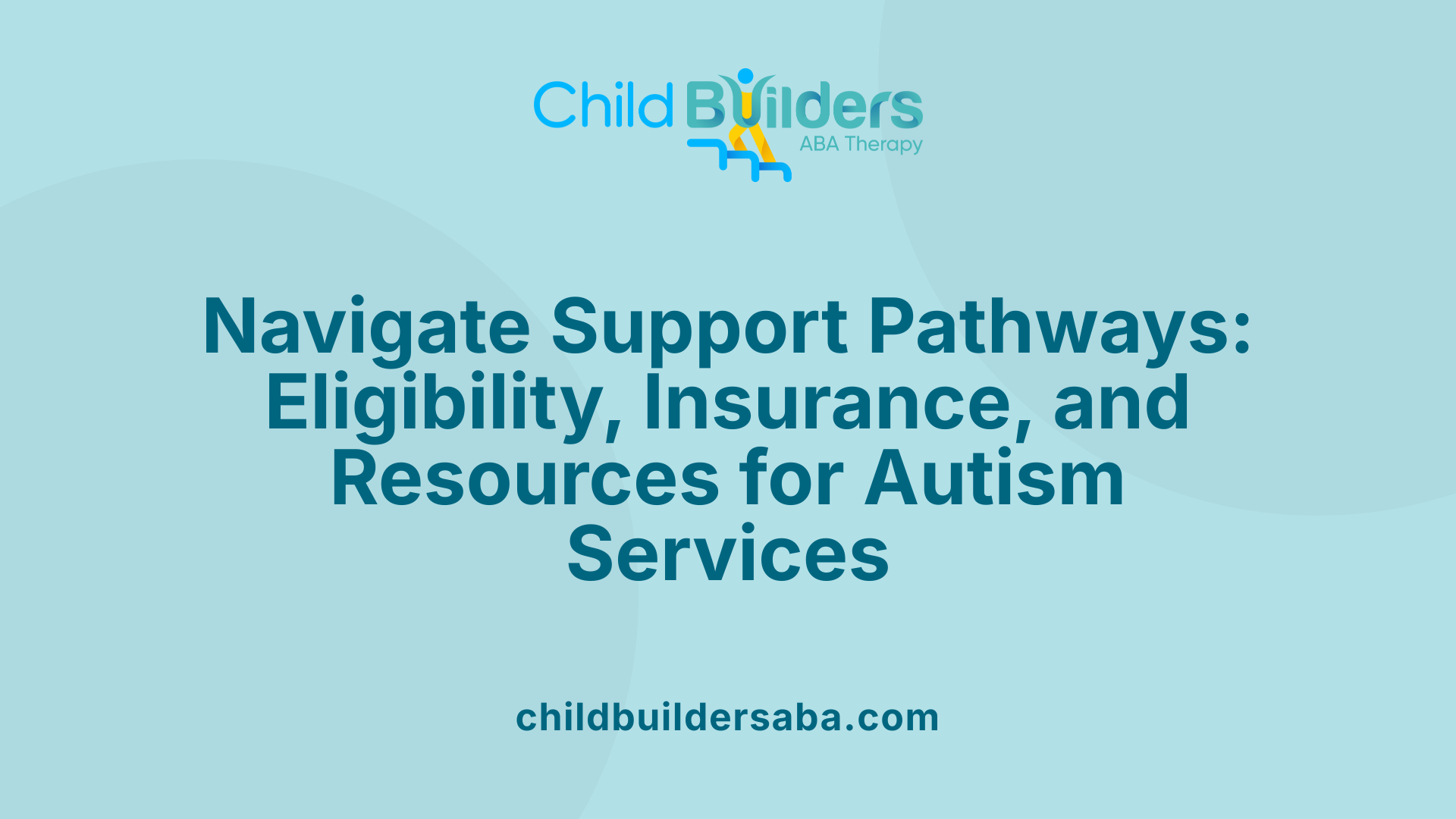
How can individuals access autism-related services in North Carolina, including eligibility and insurance coverage?
In North Carolina, families and individuals seeking autism-related services can explore a variety of support options tailored to different age groups and needs. The Autism Society of North Carolina is a prominent resource, offering community programs, support, and information to help connect people with appropriate services.
For children under 21, Medicaid offers comprehensive coverage for autism treatments such as Applied Behavioral Analysis (ABA) therapy. To qualify, applicants must meet certain income and eligibility criteria, which can vary. Families can apply through their local Department of Social Services or online portals. One notable program is the NC Medicaid Home and Community-Based (Innovations) Waiver, which supports intensive services for individuals with autism. Prior approval and documentation of medical necessity are required for access.
Early intervention programs serve children from birth up to age three. These services focus on developmental assessments, therapies, and support to promote early development and are often accessed through local child development agencies.
For school-aged children and young adults, public school districts provide educational services aligned with Individualized Education Programs (IEPs). Students aged 3 to 22 are eligible for tailored support plans in mainstream or specialized classrooms.
Additional funding options include Supplemental Security Income (SSI), ABLE Accounts, and private insurance plans. Families often work with resource specialists—trained professionals, many of whom are parents of children with autism themselves—who assist in navigating complex application processes, understanding insurance benefits, and securing resources.
To access these services, families are encouraged to consult with local service providers, their school districts, or the North Carolina Department of Health and Human Services. These organizations offer detailed guidance on eligibility requirements, application procedures, and how to coordinate multiple support pathways to best serve individuals with autism.
Regional and Local Autism Support Services in North Carolina
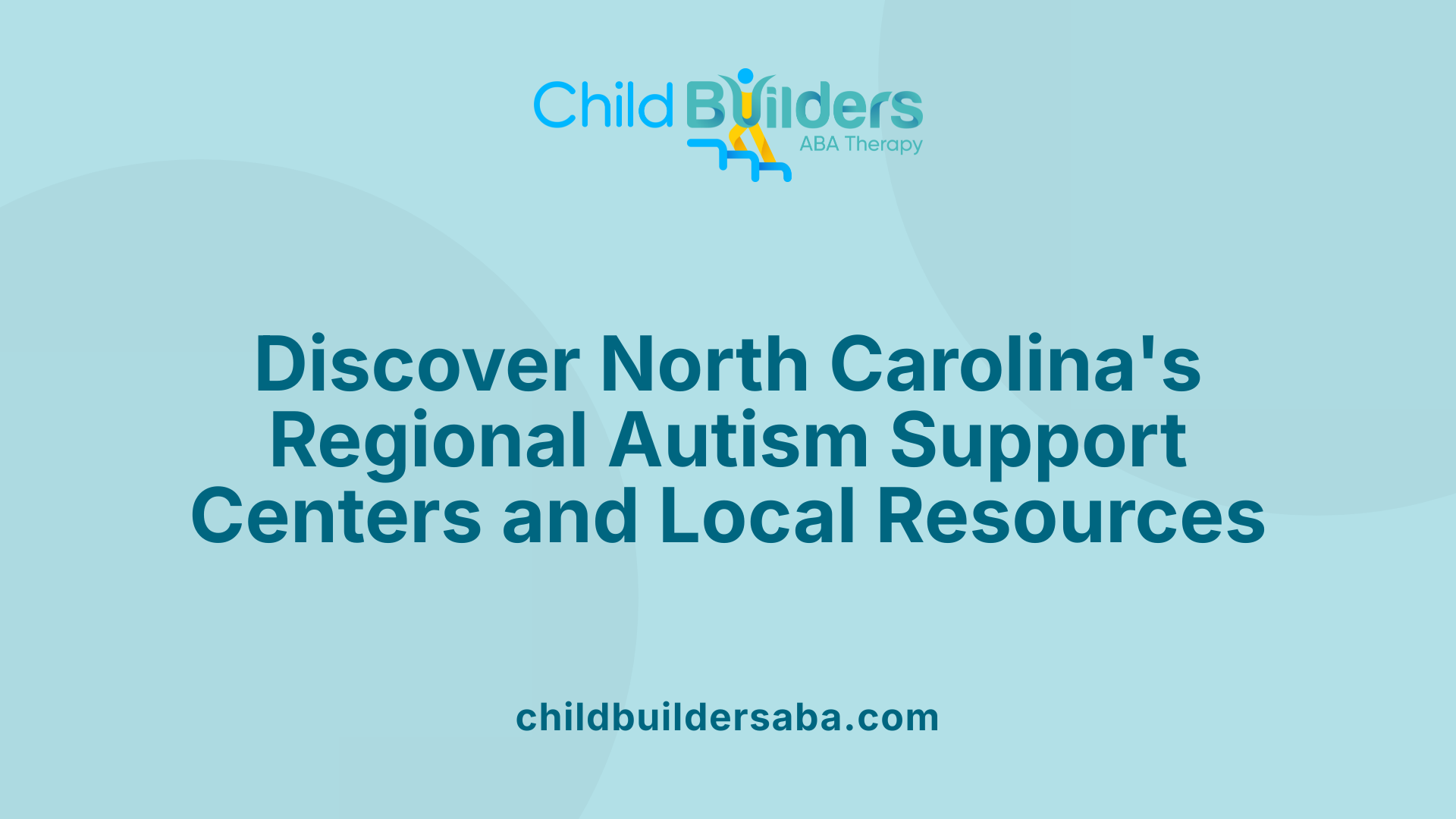 North Carolina offers a robust network of autism support services across the state, ensuring families and individuals with autism have access to specialized care and resources tailored to their local communities.
North Carolina offers a robust network of autism support services across the state, ensuring families and individuals with autism have access to specialized care and resources tailored to their local communities.
One of the most notable programs is the TEACCH® Autism Program, which operates seven regional centers throughout North Carolina. These centers are strategically located in Asheville, Chapel Hill, Charlotte, Greensboro, Greenville, Raleigh, and Wilmington. Each center provides essential services such as autism diagnostic evaluations, family support programs, and employment services. These regional centers work closely with local agencies and organizations to address specific community needs, making comprehensive autism care more accessible.
Beyond TEACCH®, the Autism Society of North Carolina plays a vital role by offering additional resources such as support groups, webinars, and community programs like Camp Royall. This camp, the largest of its kind in the country, serves children and adults with autism and their families from across the state, offering summer activities aimed at social skills development and family support.
In specific areas such as the High Country, support services extend through organizations like Aces for Autism in Greenville and Winterville, which provide targeted treatment and educational offerings. The UNC Carolina Institute for Developmental Disabilities also contributes by offering clinical services, research, and training in regions including Asheville and surrounding areas.
Other local programs include specialized clinics like the Aces for Autism facility and the University of North Carolina's TEACCH® clinics, which focus on assessment, intervention, and support tailored to community needs. Support groups such as the High Country Support Group serve individuals and families in those regions, fostering a sense of community and shared resources.
Overall, the state's continuous investment in regional programs ensures that residents in the High Country and beyond can access essential autism services that include diagnostic assessments, therapeutic interventions, family support, and community engagement.
| Region | Major Support Facility | Services Provided | Additional Resources |
|---|---|---|---|
| High Country | Aces for Autism, UNC TEACCH | Diagnosis, treatment, family support | Support groups, webinars, summer camps |
| Asheville | TEACCH®, Carolina Institute | Assessments, intervention, research | Community programs |
| Charlotte | TEACCH®, Autism Society | Support groups, webinars, camp | Local clinics |
| Greenville & Winterville | Aces for Autism | Autism treatment, educational programs | Community outreach |
| Raleigh | TEACCH® Raleigh, ABA Clinic | Diagnostic services, therapy | Family support, webinars |
| Wilmington | TEACCH® Wilmington | Evaluation, family support | Support groups |
This network exemplifies North Carolina's commitment to comprehensive, community-tailored autism services, ensuring individuals and their families receive the support they need close to home.
Community Engagement and Advocacy for Autism Awareness
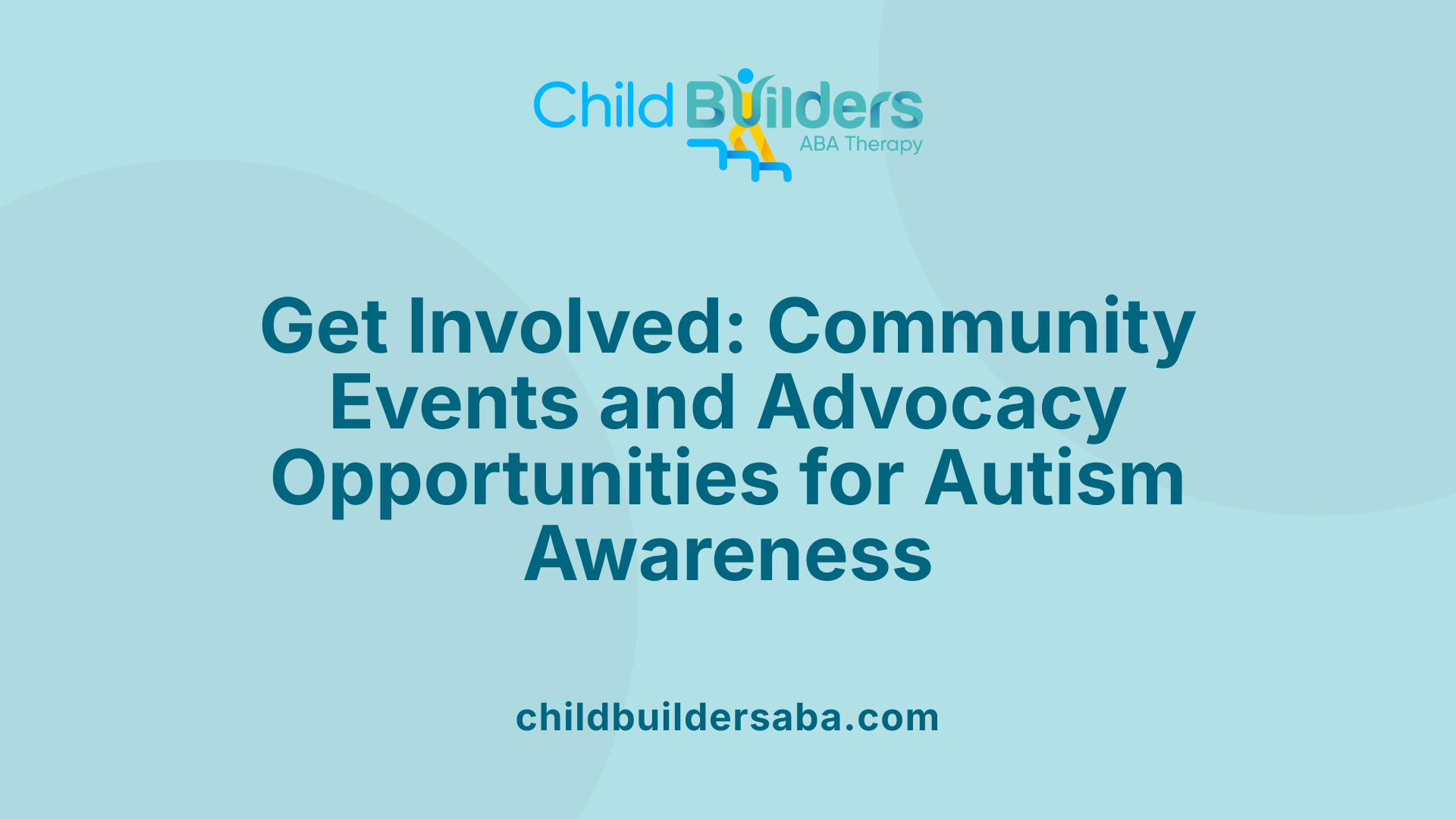
How can families and individuals affected by autism foster community awareness and access resources in North Carolina?
Families and individuals impacted by autism in North Carolina have many avenues to promote awareness and connect with vital resources. Active participation in local organizations such as the Autism Society of North Carolina (ASNC) plays a crucial role. ASNC provides support groups, workshops, and community events across more than 70 counties, helping to raise awareness and foster acceptance.
Engaging with Autism Resource Specialists in each county ensures tailored support. These trained professionals, many of whom are parents of children or adults with autism, can guide families through available services, educational programs, and community resources. Programs like Camp Royall offer summer experiences for children and adults with autism and provide opportunities for social engagement.
Families can also take part in webinars on topics like behavior management, transitioning to adulthood, and educational planning. These free recordings enrich knowledge and assist in community integration.
Community involvement extends further through participation in events such as the Fall Run/Walk for Autism or local volunteer initiatives aimed at raising awareness. Advocacy for policy protections, including Medicaid autism services, remains essential.
Promotion of understanding extends into schools, workplaces, and faith communities. Organizing informational sessions, participating in awareness campaigns, and fostering inclusive environments help break down barriers and enhance support networks.
In summary, by joining support organizations, participating in local events, accessing specialized programs, and advocating within broader community settings, families and individuals can significantly contribute to autism awareness and resource accessibility in North Carolina.
Fostering a Supportive and Inclusive Environment in North Carolina
By leveraging a broad network of organizations, clinics, advocacy groups, and educational resources, North Carolina continues to enhance its support for individuals with autism and their families. Ongoing community engagement, accessible services, and targeted programs ensure that every person on the autism spectrum has opportunities to thrive, be heard, and be valued within their communities. As awareness grows and resources expand, North Carolina moves toward a more inclusive future where acceptance, support, and empowerment become standard across all communities.
References
- Autism Society of North Carolina | Find Help
- NCCARES - Resources | NC Office of Human Resources
- Local Resources - UNC Autism Research Center
- Support Agencies - TEACCH® Autism Program
- North Carolina Organizations | Duke Center for Autism and Brain ...
- Links to ASD Related Resources
- Autism-Related Services in NC - Disability Rights North Carolina
- Aces for Autism






















































